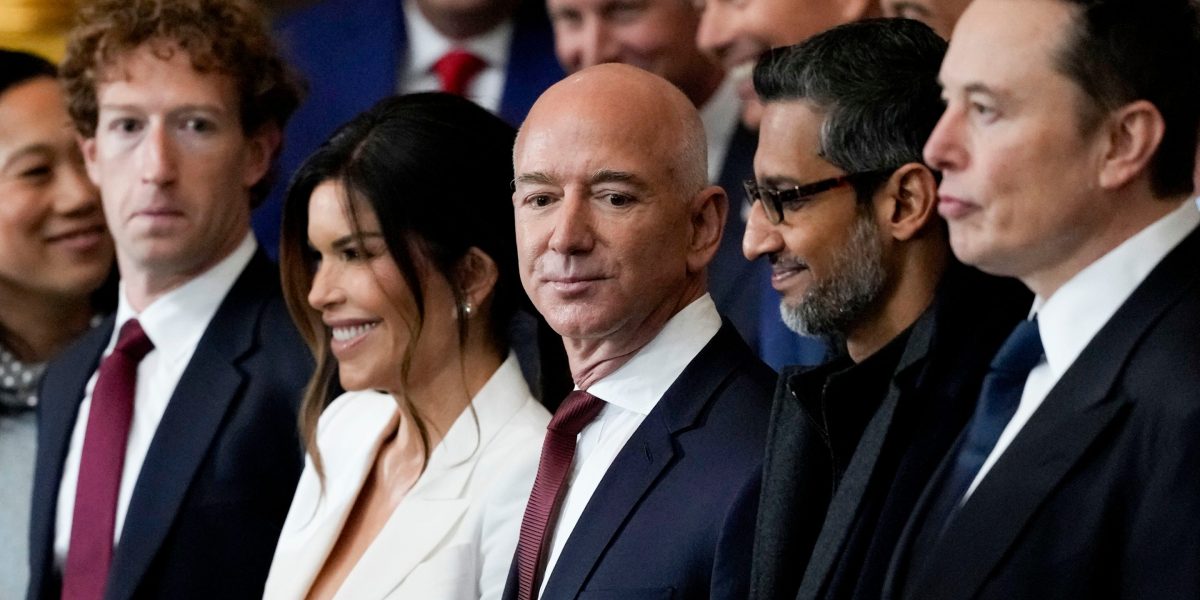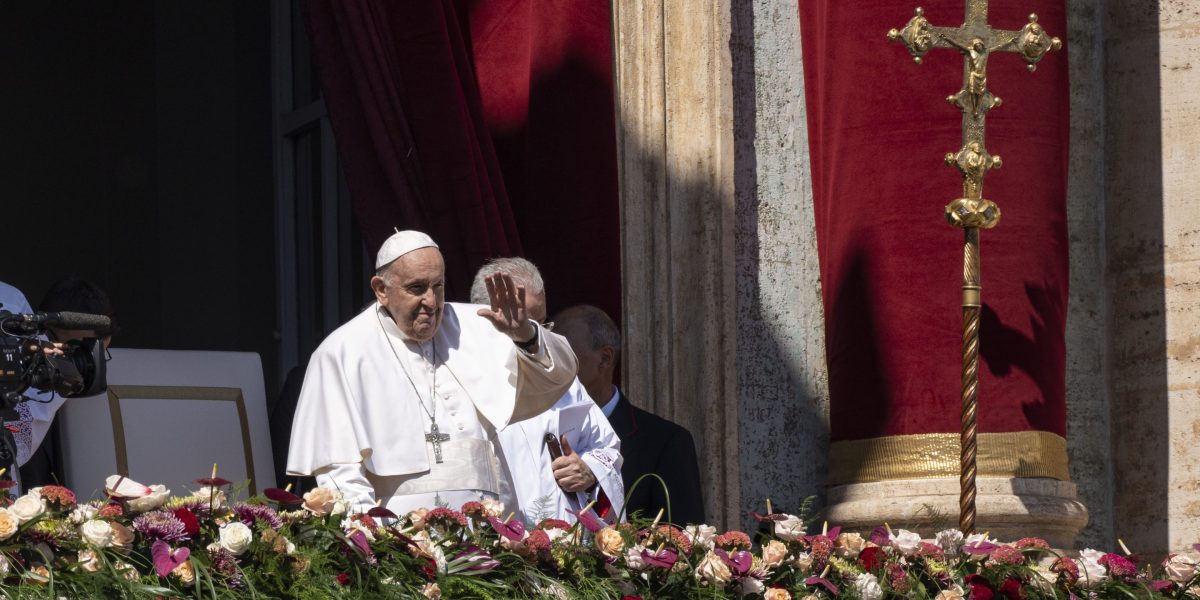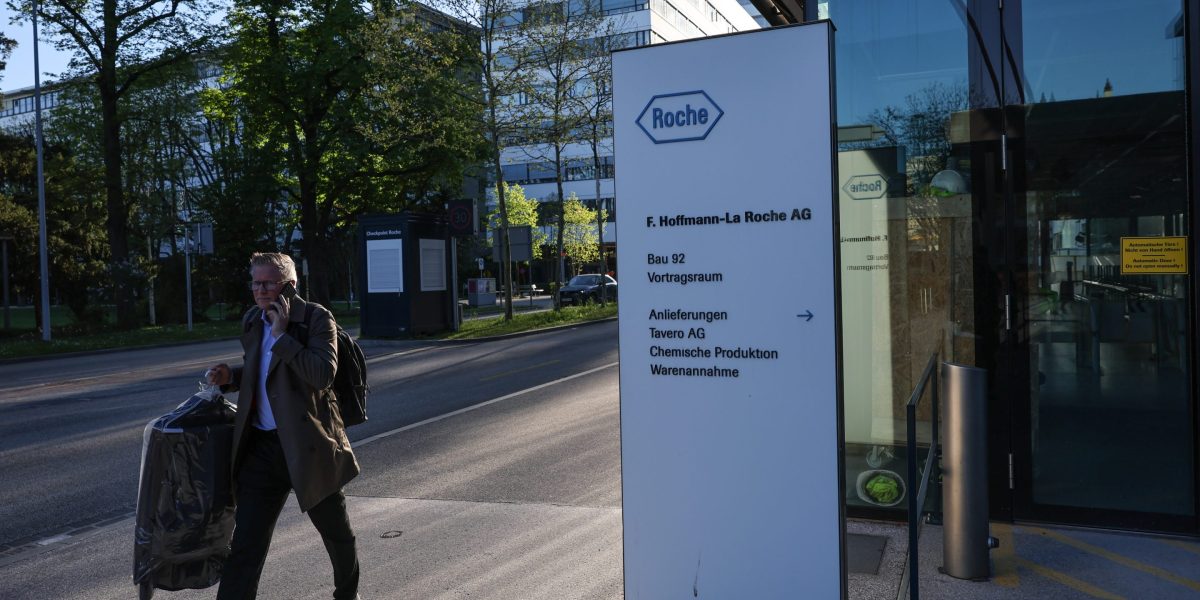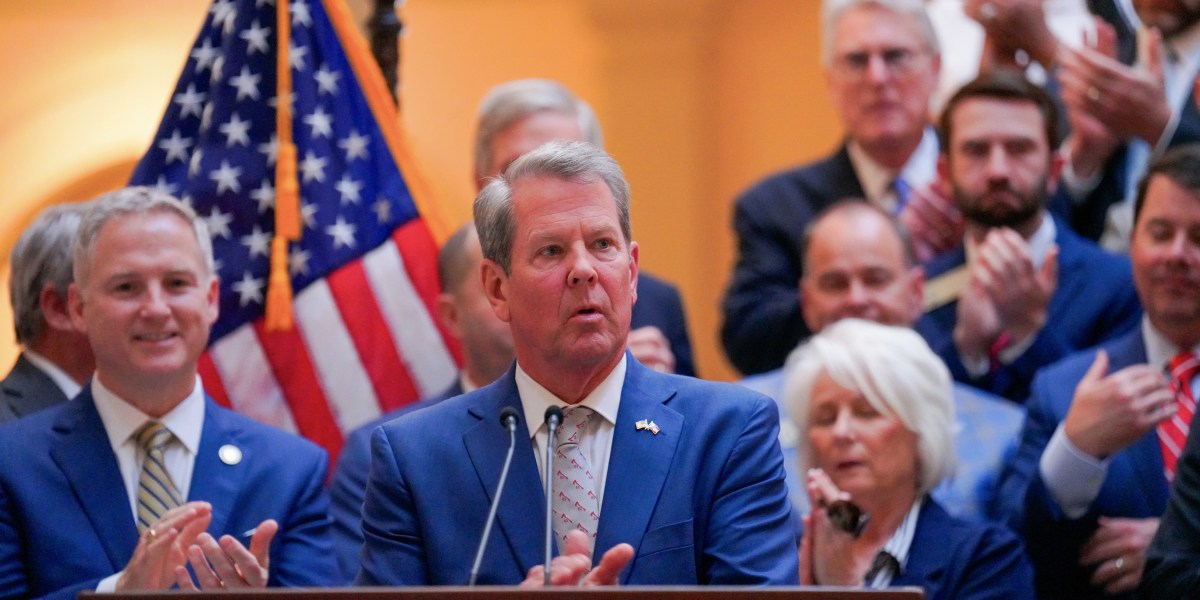Republican Gov. Brian Kemp’s political organization took to social media to tout his success in limiting lawsuits in a way Georgians could understand. “Thank you” its ad proclaimed, with the words blocked in the yellow-and-black all-caps style of Waffle House’s iconic sign.
Kemp, who signed two new laws overhauling Georgia’s litigation system on Monday, says the measures that business groups spent years pushing for will lower insurance costs, help businesses and improve the state’s economy. Among other things, the laws limit when businesses and property owners can be held liable for negligence and add regulations to trials aimed at lowering jury awards.
Whether the measures will actually shield businesses and doctors from frivolous lawsuits and rising insurance rates — and whether they need shielding — was the subject of tense debate this legislative session. Some experts question Kemp’s broader promise of lower insurance rates for everyone, and opponents of the new limits say some wronged Georgians will no longer get their day in court.
Flanked by some business executives, legislators and a few Home Depot workers in the Capitol, Kemp insisted Monday that the legislation will still protect people’s right to bring claims and “be made whole.”
“The comprehensive, common sense measures we proposed just a few months ago…ensured our legal environment put Georgia on equal footing with neighboring states’ that compete with us for jobs and investment,” Kemp said at a bill-signing ceremony.
Kemp’s political future
Millions of dollars were spent lobbying on both sides of the issue, which passed after Kemp used his considerable sway with the Republican-led Legislature. The win could help round out Kemp’s political resume and earn extra support from business groups as he prepares for a potential U.S. Senate or presidential run.
“If you’re talking about a national race, he needs to be able to point to a record of delivery on conservative principles, and this is a really, really big, feather in his cap,” said Republican political strategist Brian Robinson.
The overhaul is still more complicated for voters to understand than Kemp’s 2019 signature abortion bill or recent tax cuts. Kemp recognized this conundrum from the start, evoking Waffle House, an establishment beloved in Georgia, in his early speeches.
Too far or just right?
Businesses of all sizes, property owners, doctors and trucking companies have complained they’re facing lawsuits and high insurance rates that hurt their bottom line.
Some Democrats and trial lawyers who opposed the legislation said they would have been open to changes to Georgia’s laws governing lawsuits against business and property owners for failing to provide adequate security that resulted in someone’s injury or suffering. But they said one of the new laws will make it too hard to prove that property owners knew of a security risk.
“For some lawyers, it means that they’re pretty much out of business because of the extraordinary restrictions on what you can explain to the jury and how you can explain bodily injury,” trial lawyer and political analyst Madeline Summerville said.
Some of the new laws’ supporters won’t be bothered if trial lawyers lose clients. They say the laws will bring needed balance to the state’s legal system, arguing that trial lawyers exploit people’s injuries and lure them into suing, then use unfair practices in court to secure large payouts. Most Democratic lawmakers rejected that claim.
“We heard hours of heartbreaking testimony from victims who begged the legislature to reject this dangerous legislation, but Georgia Republicans did not care,” Atlanta Democratic state Rep. Stacey Evans, who is a lawyer, said in a statement. “Instead, they cruelly dismissed these victims and were all too happy to provide a free pass for large corporations to escape accountability for their negligence.”
Insurance battles
Supporters also said large payouts scare businesses and insurers away and cause rising rates. Opponents of the new law note verdicts in the millions of dollars are rare, and those over $10 million represent less than 1% of outcomes. Insurance rates are also driven by many factors, and some experts found there isn’t clear evidence from other states linking litigation systems and insurance rates.
Skeptics felt even more empowered when a Tampa Bay Times investigation uncovered a report that found insurance companies in Florida were hiding profits while claiming they were losing money. Losses by homeowners’ insurers were a key argument in Republican-led Florida’s successful push to tighten its litigation rules.
Opponents of Florida’s overhaul say insurance rates haven’t dropped, while supporters say they’ve stabilized and that it will take time for people to see further improvements.
The new Georgia legislation will also make structural changes to trials and add restrictions and requirements for how lawyers can make their cases. In addition, one of the bills will regulate third-party litigation funders.
“We knew that accessible, measured lawsuit reform was needed to restore stability to our insurance markets and balance to our courtrooms,” said Republican House Speaker Jon Burns.
This story was originally featured on Fortune.com
Source link


 Politics8 years ago
Politics8 years ago
 Entertainment8 years ago
Entertainment8 years ago
 Entertainment8 years ago
Entertainment8 years ago
 Entertainment8 years ago
Entertainment8 years ago
 Tech8 years ago
Tech8 years ago
 Tech8 years ago
Tech8 years ago
 Tech8 years ago
Tech8 years ago
 Tech8 years ago
Tech8 years ago






